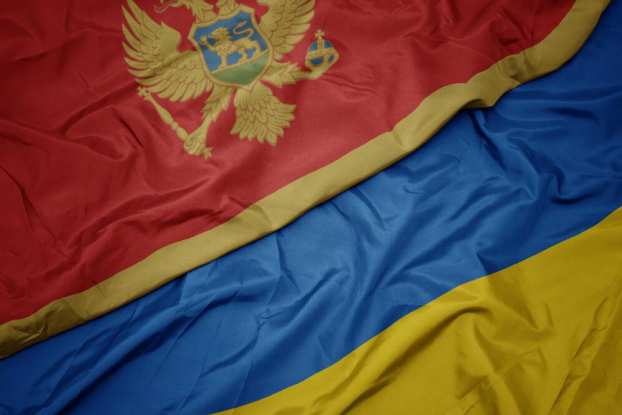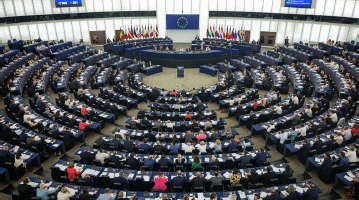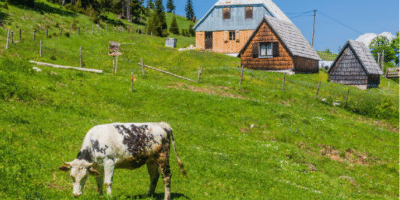The Government of Montenegro, at today’s session chaired by Prime Minister Milojko Spajić, approved a significant new step in its diplomatic relations with Ukraine. The Cabinet formally adopted the text of the Agreement on Cooperation in the Field of Security and Support between Montenegro and Ukraine. This agreement is designed to enhance bilateral cooperation in key areas such as defense, security information exchange, and emergency response coordination.
Amid the ongoing war in Ukraine, Montenegro’s action sends a strong and timely message of solidarity and strategic support. In addition to the security agreement, the Government of Montenegro also adopted the Report on the Concluded Negotiations for a Protocol amending the existing Free Trade Agreement with Ukraine. This updated Protocol specifically revises Annex II, which defines the rules of origin for goods and outlines methods for administrative cooperation. These changes aim to streamline trade processes, encourage economic exchange, and improve regulatory clarity for businesses operating between the two countries.
By modernizing this agreement, Montenegro reinforces its commitment to deepening economic ties with Ukraine and supporting its recovery and integration into European markets. From a personal perspective, it’s encouraging to see Montenegro taking active steps to support Ukraine not only symbolically, but through concrete agreements that promote both security and economic cooperation. In today’s uncertain geopolitical climate, small countries like Montenegro play a vital role by standing in solidarity with partners who share common democratic values.
These kinds of agreements don’t just strengthen bilateral ties they also reinforce a broader message of unity, resilience, and shared responsibility on the international stage. Montenegro’s latest decisions reflect a proactive foreign policy that prioritizes meaningful alliances, European integration, and values-driven diplomacy. As these partnerships grow stronger, they lay the groundwork for greater regional stability and mutual progress in a complex global landscape.
Written by our correspondent A.A.



